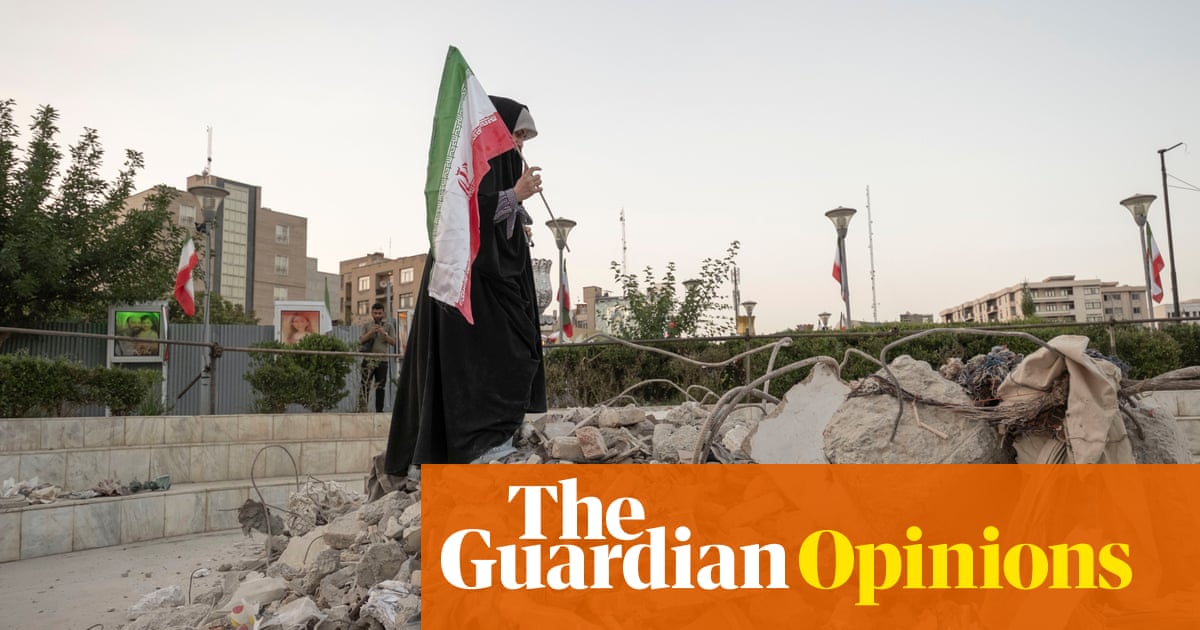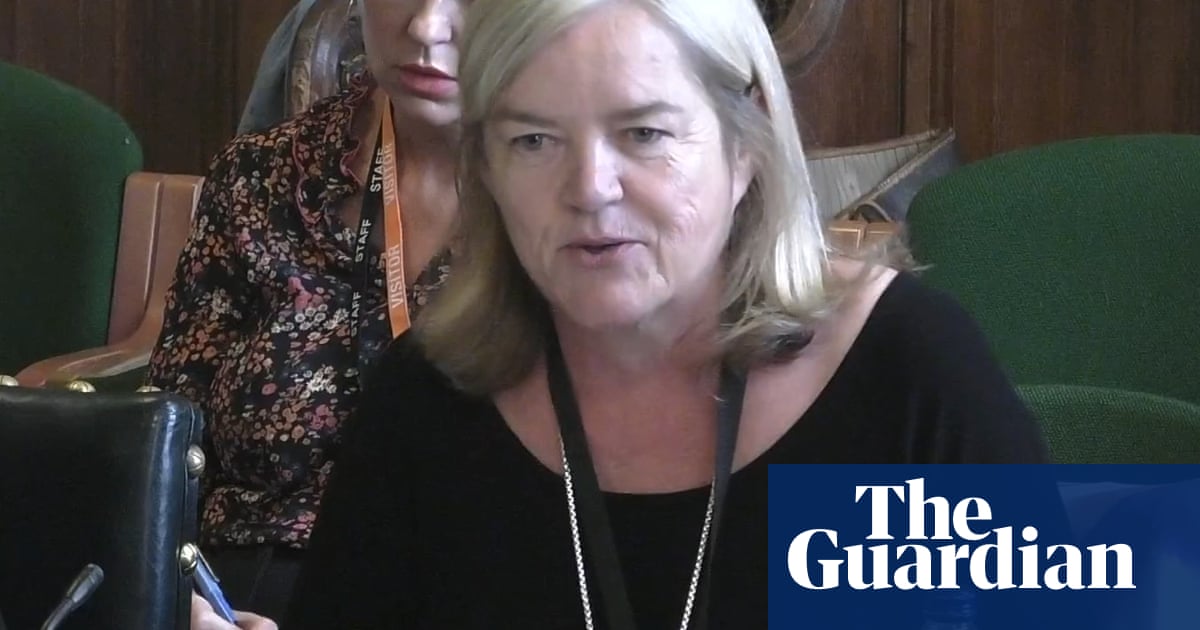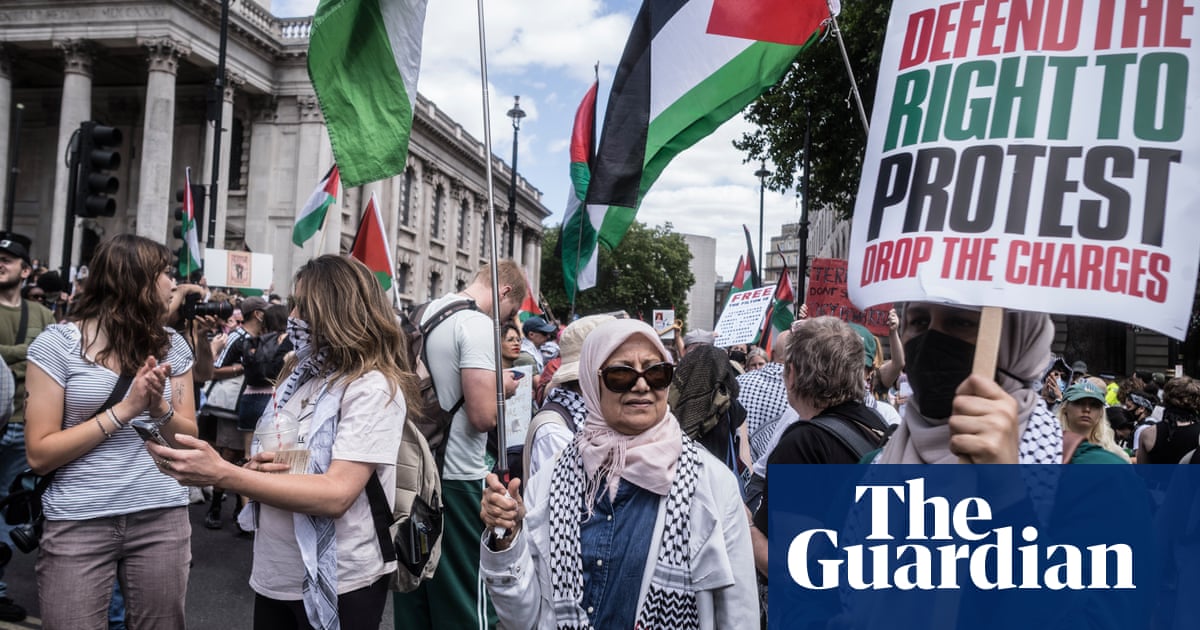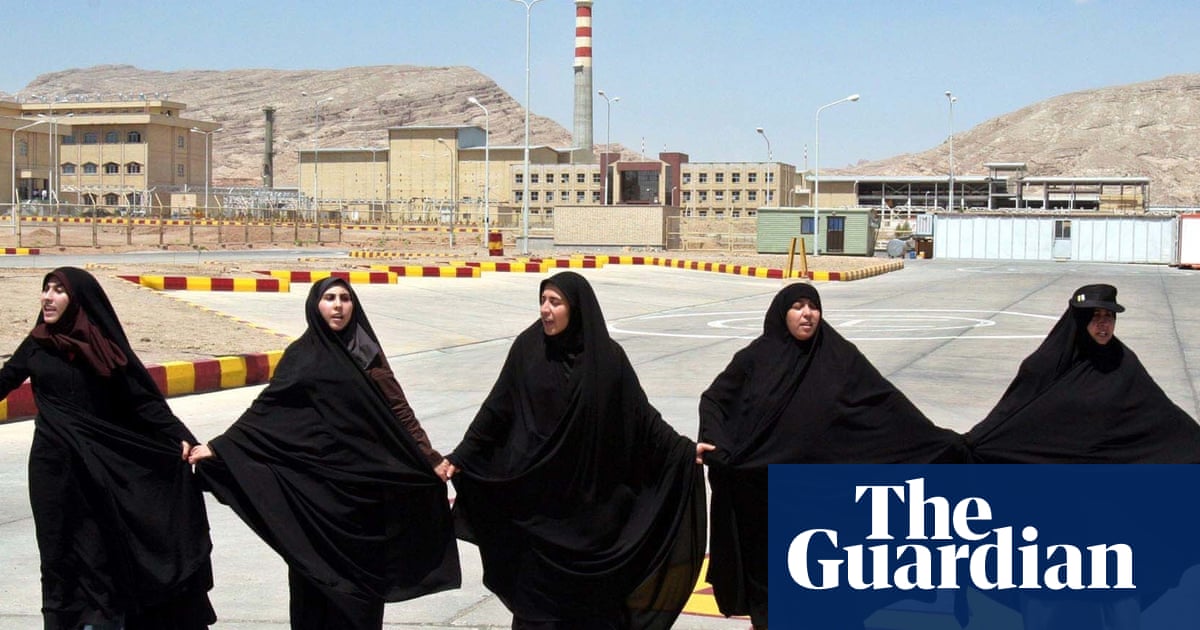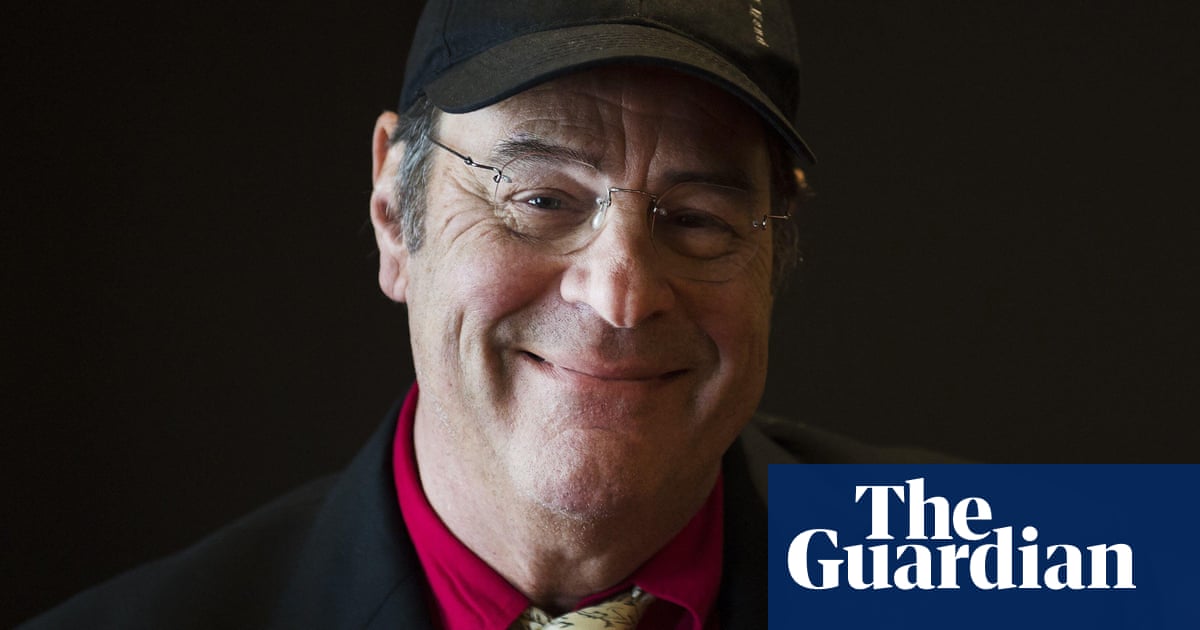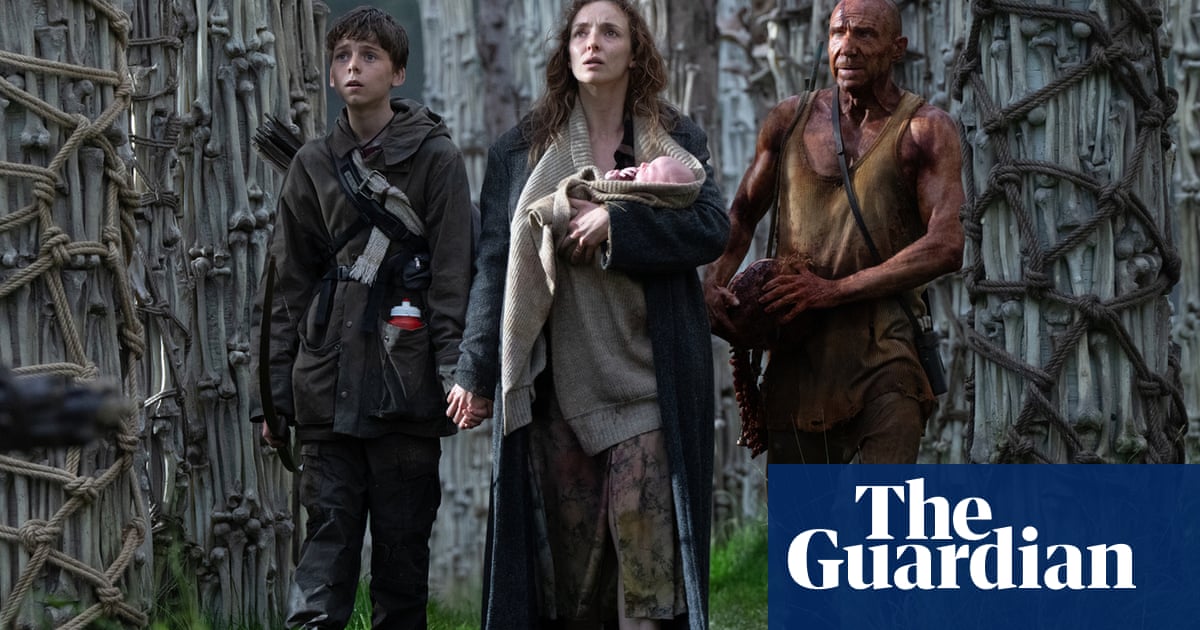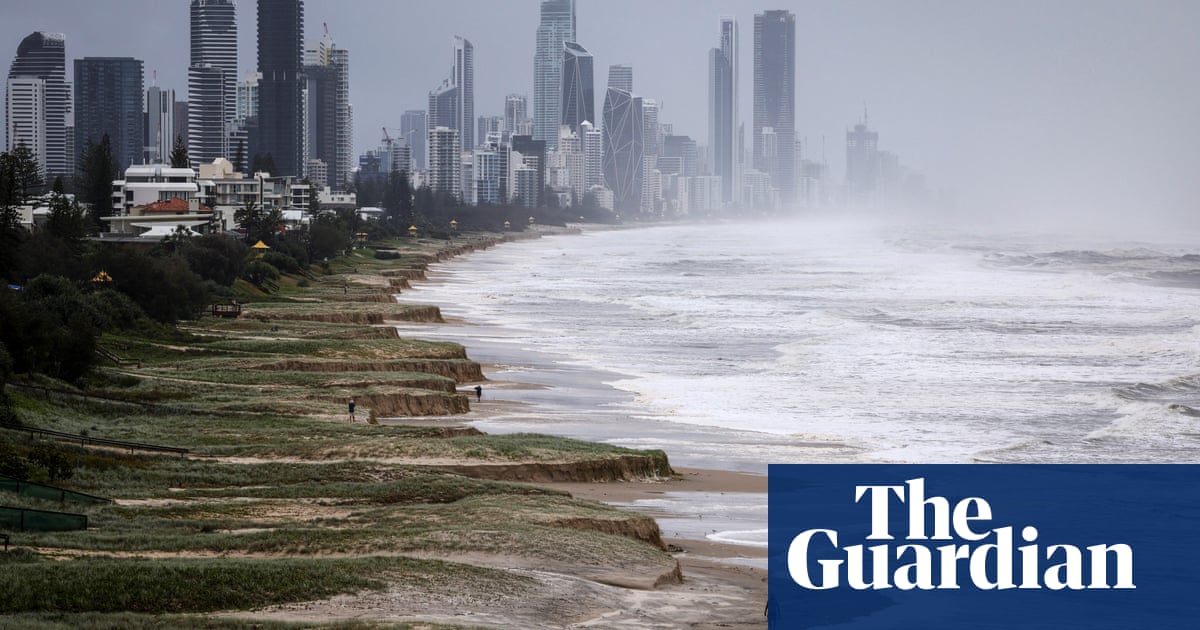The problem with calling a television programme Israel and the Palestinians: The Road to 7th October is that that is a hell of a long road to retrace. Where would a series like this begin? The formation of Hamas? The six-day war? Suez? 1948? 1917? Earlier?
The producer of this film, Norma Percy, has taken a more modern approach. Percy’s strongest skill as a documentary-maker has always been her ability to secure access to the people who matter, such as Gerald Ford for 1994’s Watergate series and Slobodan Milošević for 1995’s The Death of Yugoslavia. Given that the authors of the Balfour declaration – a letter written by the British government in 1917 supporting the creation of a Jewish homeland – are all long dead, Percy has decided to venture back only two decades.
Her chronicle opens on 19 August 2003, the day a Palestinian suicide bomber killed 23 Israelis on a bus in Jerusalem. The attack, along with Israel’s retaliatory missile strikes on Gaza, effectively froze the international community’s hopeful Roadmap for Peace plans and threw the future of the region into disarray. We pick up at a time of great tension.
By its nature, Israel and the Palestinians is a sober, but compelling, watch. Percy presents a cast of powerful players from all sides who mostly want the same thing, but – thanks to a combination of political grandstanding, hubris and frustration – repeatedly snatch defeat from the jaws of victory.
There is Israel’s former prime minister Ariel Sharon, who planned to give Gaza back to the Palestinians, but whose approach to diplomacy led to wide mistrust and fury (we are shown how he neglected to engage with Palestinian leaders or his own government’s rightwingers over his disengagement plan). There is Mahmoud Abbas, the former prime minister of the Palestinian National Authority who tried to run a free election, but, at the first sign that he might lose it, we are told, covertly asked Israel to help derail it. There is Ehud Olmert, the former Israeli prime minister and perhaps the figure who came closest to implementing a lasting two-state solution, complete with a shared Jerusalem; he found himself undone by corruption charges. This sort of thing happens time and time again – an uneasy peace is tentatively scratched out, only to collapse at the last moment.
And then there is Benjamin Netanyahu. Episode one covers the five years to 2008, so his time on screen will grow in episodes two and three, but nevertheless he spends the first hour looming in the periphery. When Sharon announced his disengagement plan, footage shows that it was Netanyahu who jeered the loudest. When Olmert imploded, the documentary lays out that it was Netanyahu who stood to gain most. Next will come clashes with the White House, the UN and his own people. The road to 7 October, Percy suggests, is about to get much uglier.
It is easy to look at this series with the benefit of hindsight. It presents us with the temptation to view every fork in the road with dismay, as if every wrong turn was diametrically opposed by a hypothetical decision that could have led to peace and prosperity; if only one person had thought things through a bit more thoroughly, or been more willing to compromise – even, in the case of Olmert, better at sharing his paper map with people – then the events of the last year and a half would have never come to pass. Clearly, things are too complicated for that to be true; the wounds are too deep and the strength of feeling too raw for anyone to simply finger-click things back into shape, no matter how much everyone wants that to happen.
However, there is a heft to this series that you don’t see very often. By being able to streamline the subject, by talking to every side – an interview with Hamas’s then political leader, Ismail Haniyeh, conducted weeks before his death in July 2024, is to come – and by refusing to be led by emotion over fact, Percy has created something that deserves to be talked about in the same terms as The World at War.
That storied documentary series was made after the event, when the ink was dry and the picture was clearer. In her ability to make sense of a process that is still unfolding – and, thanks to Donald Trump’s plans for Gaza, may outlast us all – Percy deserves nothing but praise. This is vital work.

.png) 3 months ago
63
3 months ago
63


